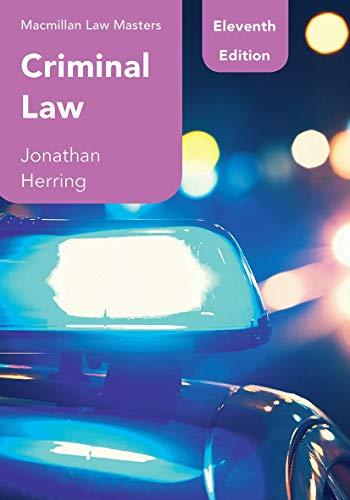Question
Carla McFarland was an associate professor of English literature at Highland College. She was the only single person in her department. Consequently, she was frequently
Carla McFarland was an associate professor of English literature at Highland College. She was the only single person in her department. Consequently, she was frequently assigned classes late in the evening, on weekends, and during the summer semester. She was also called upon to pick up visiting professors and serve as their escort and guide during their stays at the college. She received extra duty as advisor to The Highland Review, the college's literary magazine. When McFarland complained about the unequal treatment, she was told that the married professors had family responsibilities that she did not have, which took up much of their time and prevented them from having the flexibility that she had. Thus, she would continue to carry the extra load. McFarland filed a complaint with the EEOC. Can discrimination based on an employee's status as a single person be considered unlawful under the Civil Rights Act? Is this a case of disparate impact or disparate treatment?
Reference: Agency and Employment Law, Chapter 23 of Business Law with UCC Applications 14th Edition, by Paul A. Sukys and Gordon W. Brown
Step by Step Solution
There are 3 Steps involved in it
Step: 1

Get Instant Access to Expert-Tailored Solutions
See step-by-step solutions with expert insights and AI powered tools for academic success
Step: 2

Step: 3

Ace Your Homework with AI
Get the answers you need in no time with our AI-driven, step-by-step assistance
Get Started


